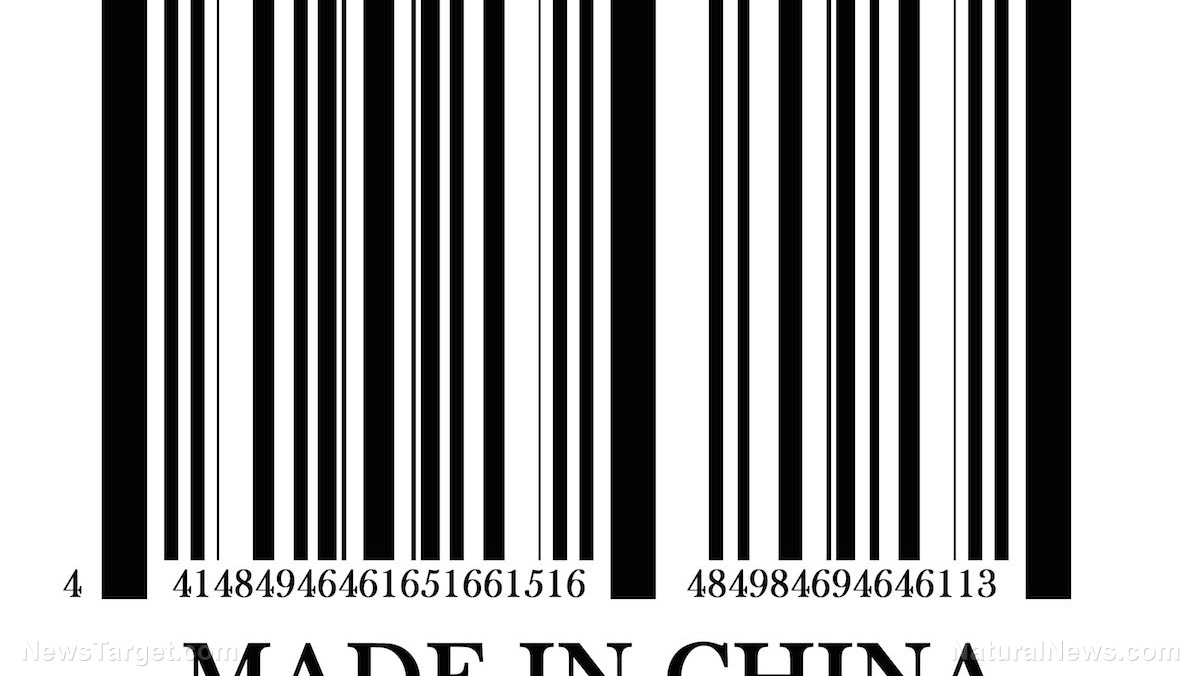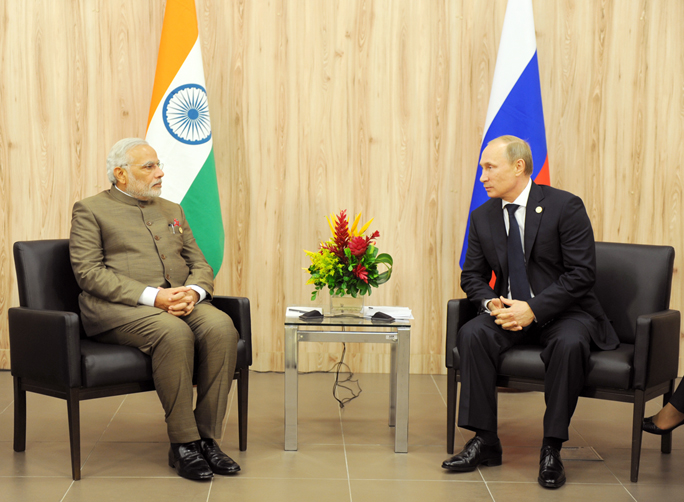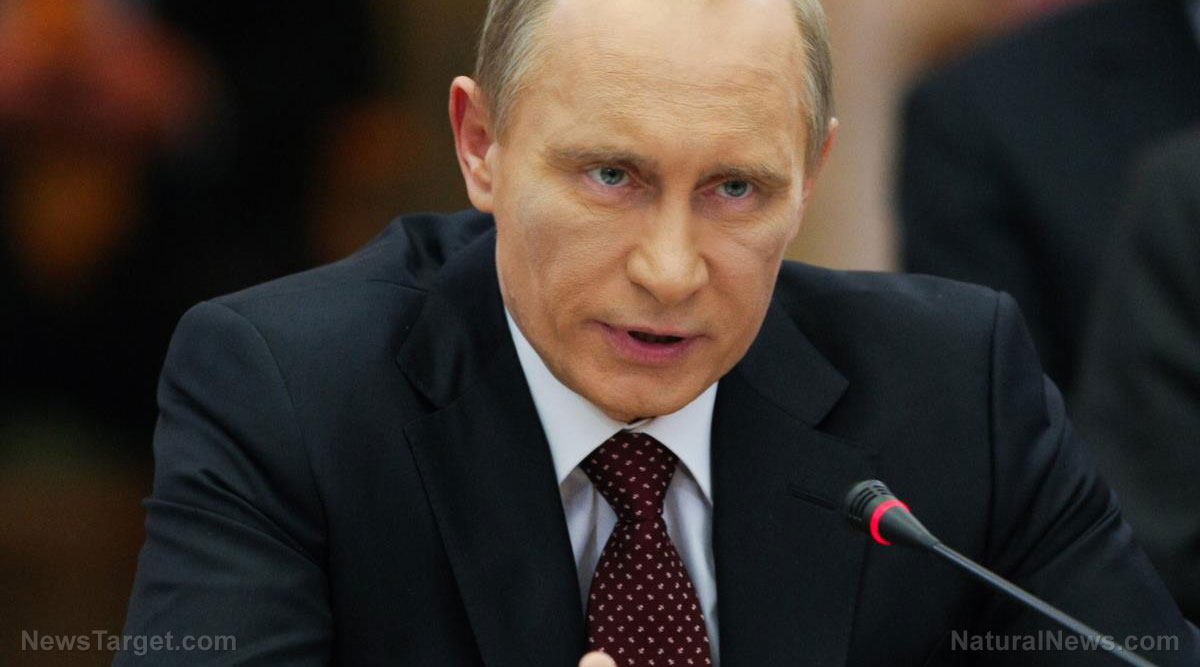 Parler
Parler Gab
Gab
Beijing, Tehran forging ties amid criticism from the West
According to IRNA, China is Iran's largest trading partner based on 10-month statistics taken from the Islamic Republic of Iran Customs Administration. Tehran's exports to Beijing stood at $12.6 billion, while it imported $12.7 billion worth of goods from China. "China and Iran enjoy a traditional friendship, and it is the strategic choice of both sides to consolidate and develop China-Iran relations," said Wang. The MFA spokesman added that Beijing wants to "play a constructive role in enhancing the unity and cooperation of countries in the Middle East and promoting regional security and stability." According to a report by South African website Polity, Iran is also seeking to join the BRICS economic group. The bloc – which consists of Brazil, Russia, India, China and South Africa – seeks to challenge the dominance of the West, especially when it comes to the issue of a common currency. The website cited a report by Iran's Fars News, which announced that Tehran applied for membership as per an official of the Iranian Ministry of Foreign Affairs. Interestingly, the West deems the two nations as threats to the stability of the world. Aside from being sanctioned by the U.S. due to its nuclear program, Iran has been accused of aiding Russia in its fight against Ukraine by providing Moscow with drones. (Related: Iran finally admits it is supplying Russia with combat drones.) Meanwhile, Washington recently accused China of espionage after a spy balloon operated by Beijing was spotted in American airspace. The said balloon was shot down by U.S. forces, which did not sit well with the Chinese Communist Party. Watch this segment of the "Worldview Report" about strategies by Iran, Russia and Saudi Arabia to cripple the petrodollar. This video is from the Worldview Report channel on Brighteon.com.More related stories:
Communist China admits to flying spy balloon over military sites. Iran says it will sell Russia hundreds of ballistic missiles and drones. Ukraine-bound weapons shipments will end up in Iran's hands, former Israeli PM Netanyahu warns. Shift away from U.S. 'petrodollar' and towards gold-backed currencies in the Global South continues. Sources include: ArabNews.com Polity.org.za Brighteon.comUS blocking Russian efforts to establish an independent, UN-led probe on Nord Stream sabotage
By Arsenio Toledo // Share
Kyocera president: Business model of producing in China and exporting abroad no longer viable
By Ramon Tomey // Share
Washington, Soros working together to overthrow Indian PM Modi
By Ramon Tomey // Share
Putin: U.S. dollar is DONE! It WILL lose dominance!
By News Editors // Share
‘Authors’ using ChatGPT flood Amazon books
By News Editors // Share
DoD conspired with communist China to unleash covid “vaccine” bioweapons on citizens
By Ethan Huff // Share
Governments continue to obscure COVID-19 vaccine data amid rising concerns over excess deaths
By patricklewis // Share
Tech giant Microsoft backs EXTINCTION with its support of carbon capture programs
By ramontomeydw // Share
Germany to resume arms exports to Israel despite repeated ceasefire violations
By isabelle // Share










